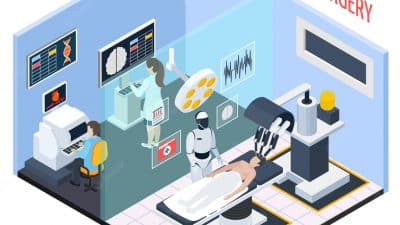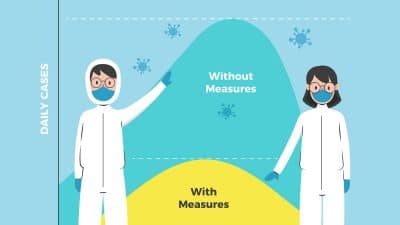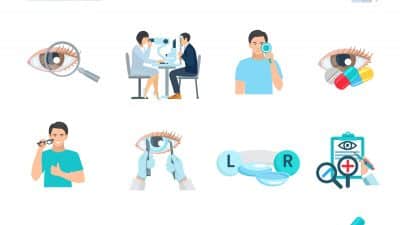Robotic Surgery
Why it matters: Robotic surgery is a surgical procedure that uses a robotic arm to manipulate surgical instruments. The procedure is performed through small incisions, resulting in less pain and scarring than traditional surgery.
Everything AI, Robotics, and IoT
Why it matters: Robotic surgery is a surgical procedure that uses a robotic arm to manipulate surgical instruments. The procedure is performed through small incisions, resulting in less pain and scarring than traditional surgery.
Why it matters: First robotic surgery, was not done recently. You will be surprised it was in 1983! Robotic surgery has come a long way since.
Why it matters: First AI designed drug in human trials, we are on the cusp of AI breaking into the field of drug design to improve healthcare.
Why it matters: Artificial Intelligence (AI) and machine learning (ML) algorithms are being widely adopted and integrated into healthcare systems to accurately predict diseases in their early stage based on historical health datasets.
Why it matters: Big Data Analytics in Healthcare Market Size, Share, Forecast Report By Spender Type (Healthcare Payer, Healthcare Provider), By Tool Type (Data Warehouse Analytics, CRM Analytics), By Deployment Type (Cloud-based, On-premises), By Application Type – Regional Forecast to 2032
Why it matters: India’s third COVID wave – When will the third wave peak? Predictive analysis about India’s third wave with open source data and AI.
Why it matters: Hospitals can use algorithms to prioritize COVID-19 vaccine distribution, we will take a closer look at how some of these algorithms guide vaccine distribution and whether they have what it takes to optimize the problems of vaccine distribution.
Why it matters: How can RPA help in healthcare? It can help with simpler, more basic human communications that take place within the confines of hospitals, clinics, and other healthcare areas.
Why it matters: Impact of automation In healthcare will continue to have a significant impact on both healthcare providers and patients.
Why it matters: The impact of artificial intelligence in ophthalmology is truly substantial. Evidence confirms AI can improve patient access to clinical screening, diagnosis and also reduce costs, particularly in high-risk groups.









